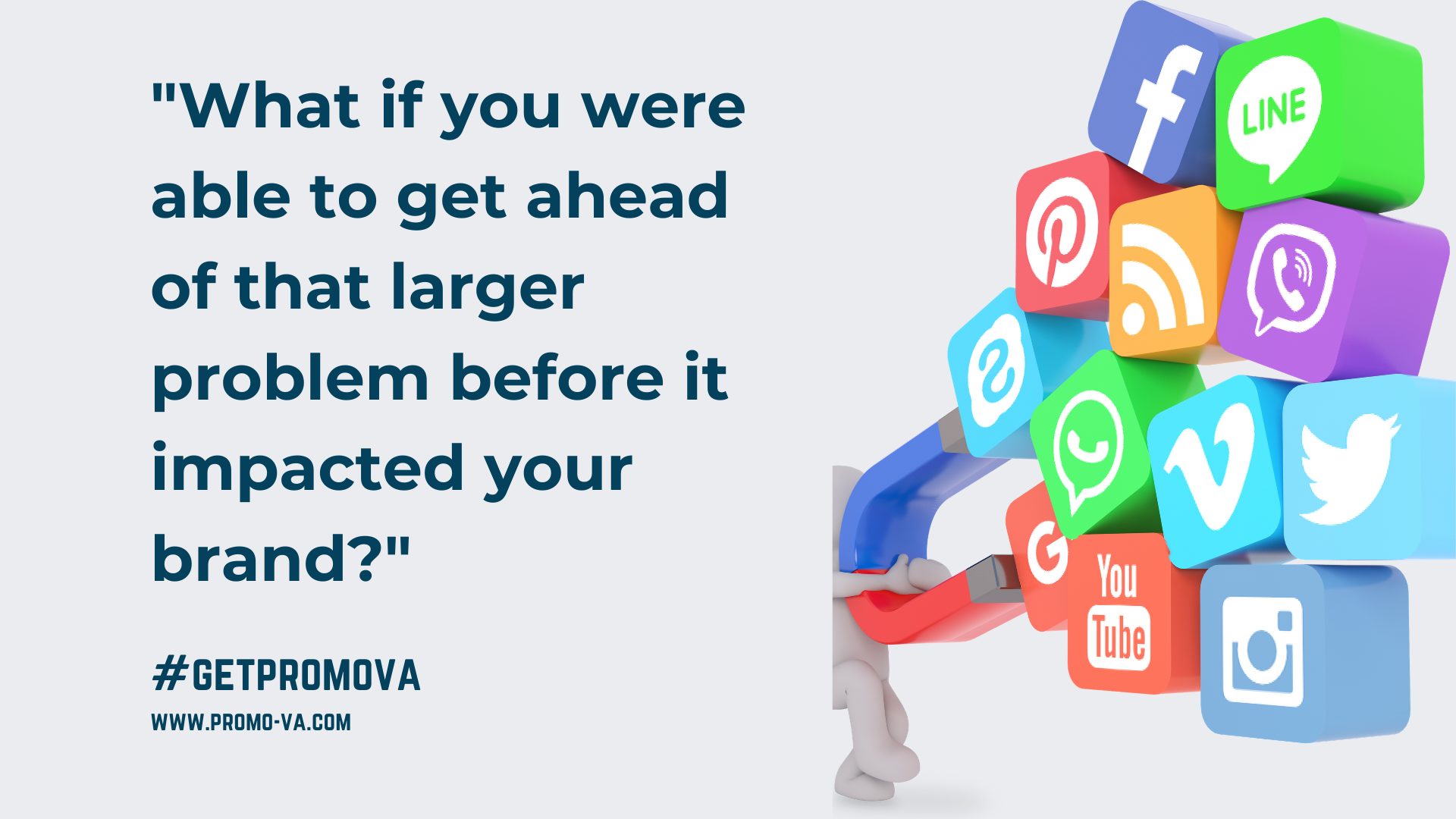
Data is all around us and it’s easy to see that it is growing at an exponential rate. The good news is, this presents an enormous brand opportunity for those who can harness that huge data horse and turn it into knowledge. The bad news, most don’t know how to do this.
To understand how big data factors into decisions about messaging and bolstering your brand, it’s important to understand the types of data we’re exposed to. It breaks down into two buckets: structured and unstructured.
Structured data:
Structured data is organized and much easier to analyze. Think of a database that stores survey responses. The model to store that data has been defined beforehand, thus making it simple to extract reports and useful information.
Unstructured data:
Unstructured data is a hodgepodge of data from several sources. This includes things like audio, video and social media postings. Unstructured data is much more prevalent in our lives (audible sigh!) and much more difficult to extrapolate useful information from.
Social monitoring vs. social listening:
Many companies are using social media data in their daily operations. But most are doing social monitoring rather than social listening. Social monitoring is when you look for mentions of your brand or your competitor’s brand and react to those mentions. Social listening looks at a larger data set to expose something…let’s say more grand.
Imagine you’re a restaurant chain owner and a guest posts a negative review for one of your restaurants. You react and respond to that review. Let’s imagine you do it well and the customer is grateful, ultimately returning for another meal. That is social monitoring. But what if there’s a systemic problem with several restaurants and this review is just a symptom. Social listening would entail looking at reviews across several social platforms to intuit a connection that exposed a larger problem. What if you were able to get ahead of that larger problem before it impacted your brand?
Understanding the difference between social monitoring and social listening is important to the success of your marketing strategy. With oceans of data being created every day, the ability to extract knowledge from this data can mean the difference between success and failure. So listen up!
